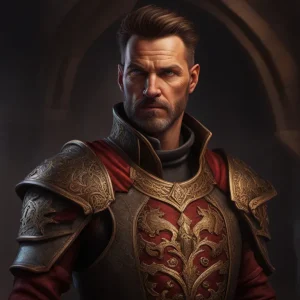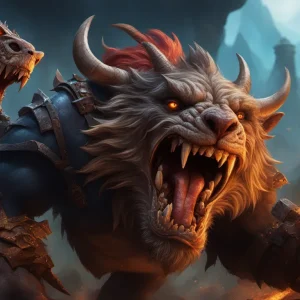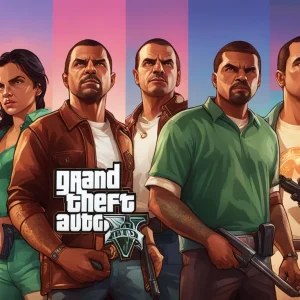Is it possible for Microsoft to acquire Nintendo? This question has been tossed around as a humorous notion in the gaming community, considering the increasing consolidation in the industry. However, recent leaks of an extensive Xbox document reveal that top decision-makers at Xbox have actually explored the idea of acquiring Nintendo. Microsoft’s board of directors, including CEO Satya Nadella, has been presented with a detailed proposal for a potential buyout. But before you get too excited about the prospect of Master Chief and Mario under the same ownership, experts suggest that Microsoft’s interest in Nintendo is merely a result of due diligence and that an acquisition is highly unlikely. Nevertheless, as with anything, the future remains uncertain.
What Did Phil Spencer Say?
In an email dated August 6, 2020, Phil Spencer, the head of Xbox, referred to Nintendo as “THE prime asset” for Microsoft in the gaming industry. He mentioned having multiple discussions with Nintendo’s leadership team about a closer collaboration between the two companies. Spencer believed that if any US company could convince Nintendo to sell, it would be Microsoft. However, he also acknowledged that Nintendo is unlikely to sell to Microsoft, at least for now.
Spencer pointed out that Nintendo is financially strong, thanks to the tremendous success of the Nintendo Switch. At the time of the email, Nintendo had over $12 billion in cash reserves, a number that has only grown since then. Spencer also mentioned that a former Microsoft board member, Mason Morfit from ValueAct, has been acquiring Nintendo shares, which could potentially create opportunities for Microsoft. The exact nature of these opportunities, however, remains unclear.
Despite his enthusiasm, Spencer admitted that without a catalyst, such as involvement from Morfit, Microsoft’s chances of striking a deal with Nintendo are slim. He also expressed his aversion to a hostile takeover, emphasizing that Microsoft is playing the long game.
Nevertheless, Spencer concluded his email by stating that acquiring Nintendo would be a significant milestone in his career. He believed that such a move would benefit both companies, as he felt Nintendo needed to recognize that their future lies beyond their own hardware.
Of Course Microsoft Wants To Buy Nintendo
As a publicly traded company, Microsoft is constantly seeking exponential growth and increased value for its shareholders. It’s no secret that money is a driving force behind their decisions.
Acquiring a giant like Nintendo would not only inspire confidence among stakeholders and investors but also provide Microsoft with new revenue opportunities. However, the question remains: Can Microsoft actually buy Nintendo?
According to Mat Piscatella of Circana, discussions about potential acquisitions are a routine part of business operations. Analyzing the costs and opportunities of such acquisitions is simply a part of leadership’s due diligence. Therefore, the fact that Spencer and his team explored the possibility of acquiring Nintendo is not surprising.
Michael Pachter of Wedbush Securities shares a similar perspective. He believes that it is common practice for companies like Microsoft to prepare analysis documents for various competitors, including major publishers, console makers, and independent studios. Pachter sees no reason to be alarmed by Spencer’s email, as it is just business as usual.
“Their Future Exists Off Of Their Own Hardware”
One intriguing aspect of Spencer’s email is his assertion that Nintendo is taking a long time to realize that their future lies beyond their own hardware. In other words, he believes that Nintendo is missing out on opportunities to expand its business by bringing its content to more platforms and reaching a wider audience.
This claim is bold, considering Nintendo’s current success in both games and hardware. With billions of dollars in cash reserves and a new console on the horizon, Nintendo is in a position of strength. They own some of the most beloved and commercially successful game franchises, such as Mario, Zelda, and Donkey Kong. On the other hand, Microsoft has openly acknowledged its struggles in the first-party games lineup. While Microsoft may desire to





